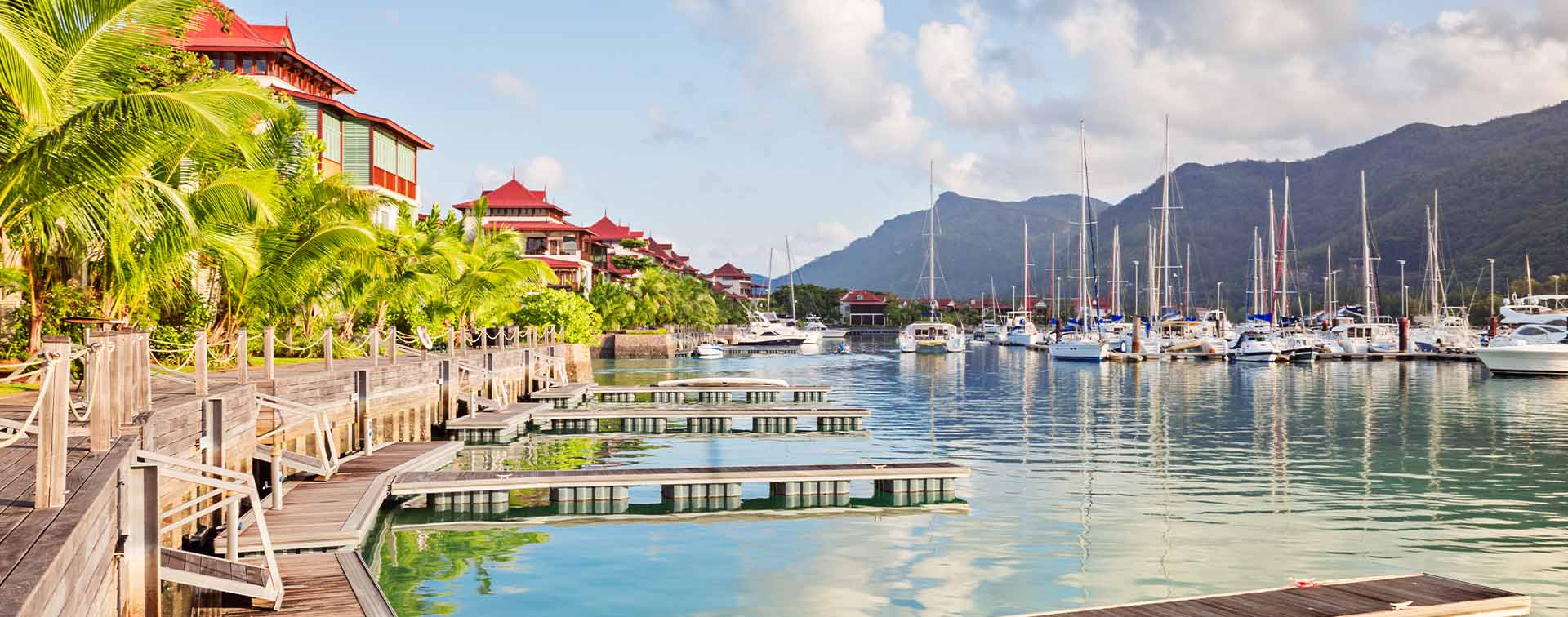
Orphée Monnet Kébé is Founding President and Managing Director of Gabriel Wealth Management.
Although representing a small but growing share of the continent and the world's wealthy, the prosperous class in French-speaking Sub-Saharan Africa is rising. This development is the result of various factors including sustained economic growth in the region and the rapid development of its economies. In addition, younger demographics and changing mentalities contribute to a paradigm shift, where investment and prosperity become accessible and desirable goals for a substantial number of individuals.
According to Forbes, in 2016, the top 30 ultra-high-net-worth individuals (UHNWIs) in French-speaking Sub-Saharan Africa together represented USD 10.56 billion, which was USD 3 billion less than the fortune of the wealthiest person in Africa, Nigerian businessowner and philanthropist Aliko Dangote. The single top fortune of the group was estimated at USD 940 million.

Socio-economic and even cultural contexts have a huge influence on the perception of wealth in Africa, especially in this region. For many years, the wealthy elite were limited to successful businesspeople and influential politicians — those whose wealth could not be concealed, given their social and/or political position.
However, it must be noted that many other individuals, although wealthy, have remained anonymous and unknown to society. For some, their reasons are linked to social and cultural taboo, since in certain cultures, it might be inappropriate to speak openly about wealth, especially in the presence of those who are less fortunate. Others might fear the risk of their financial details being publicly known, and others might fear losing their fortune.
In recent years, this sociological paradigm has fortunately been disappearing. These beliefs and perceptions, which influenced the relationship to wealth in this part of the world until now, are giving way to a current manifest desire of a new wealthy elite to participate in their nations’ new order of economic and social development. The rapidly changing socio-economic and cultural landscape means that more successful Francophone Sub-Saharan Africans are openly embracing their financial prowess. Wealth is now seen as an engine of development and a vector of prosperity for the whole of society.
Economic development has given rise to a wave of entrepreneurs who are becoming the emergent wealthy class. These prosperous small and medium-sized enterprise (SME) owners are undeniably the future UHNWIs. And perhaps they already are since SMEs represent more than 60% of the economic activities of most countries in this region.
However, in Forbes’ 2024 ranking of African fortunes, no French-speaking Sub-Saharan African has passed the famous threshold of a billion dollars as yet. There surely remains an opportunity to encourage affluent individuals in this area to participate in the evaluation and estimation of their fortunes.
The progress of French-speaking African economies has been dazzling in recent years, creating fertile ground for the emergence of a new economic elite. Visionary entrepreneurs have seized the opportunities offered by this changing environment to build successful businesses and contribute to wealth creation in their communities. These new economic leaders, although sometimes discreet, are the pioneers of a prosperous and booming class, whose influence and visibility continue to grow.
Backed by rising statistics, foreign direct investment flows to the region also demonstrate its growing attractiveness on the international stage. Even if the world-famous Fortune ranking sources have not yet detected a dollar billionaire in the French-speaking Southern Sahara, it is undeniable that the number of millionaires in this area is growing strongly.
The UHNWIs in this region have discovered their key role in the development of their countries. Their investments and wealth, both local and international, are now focused on sectors identified as vehicles of development and economic growth.
The region's successful entrepreneurs play a central role in this transformation, investing in key sectors and thereby contributing to job creation and sustainable economic development. Their commitment to the development of their communities and nations demonstrates a growing awareness of their social responsibility and their power to positively influence and simultaneously help their neighbors.
Indeed, the time to see a French-speaking Sub-Saharan UHNWI on the list of African billionaires is at hand.